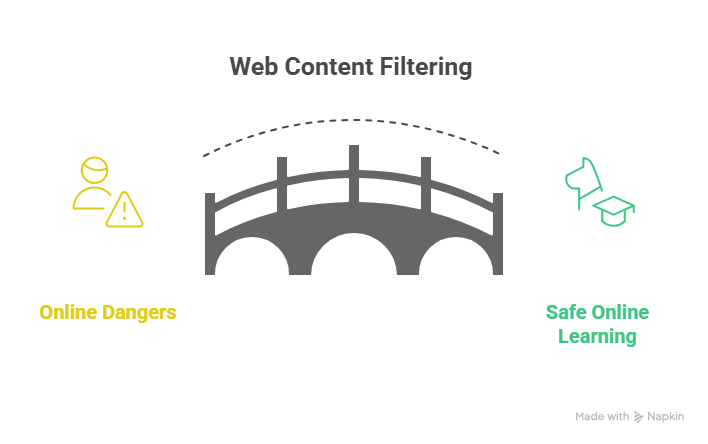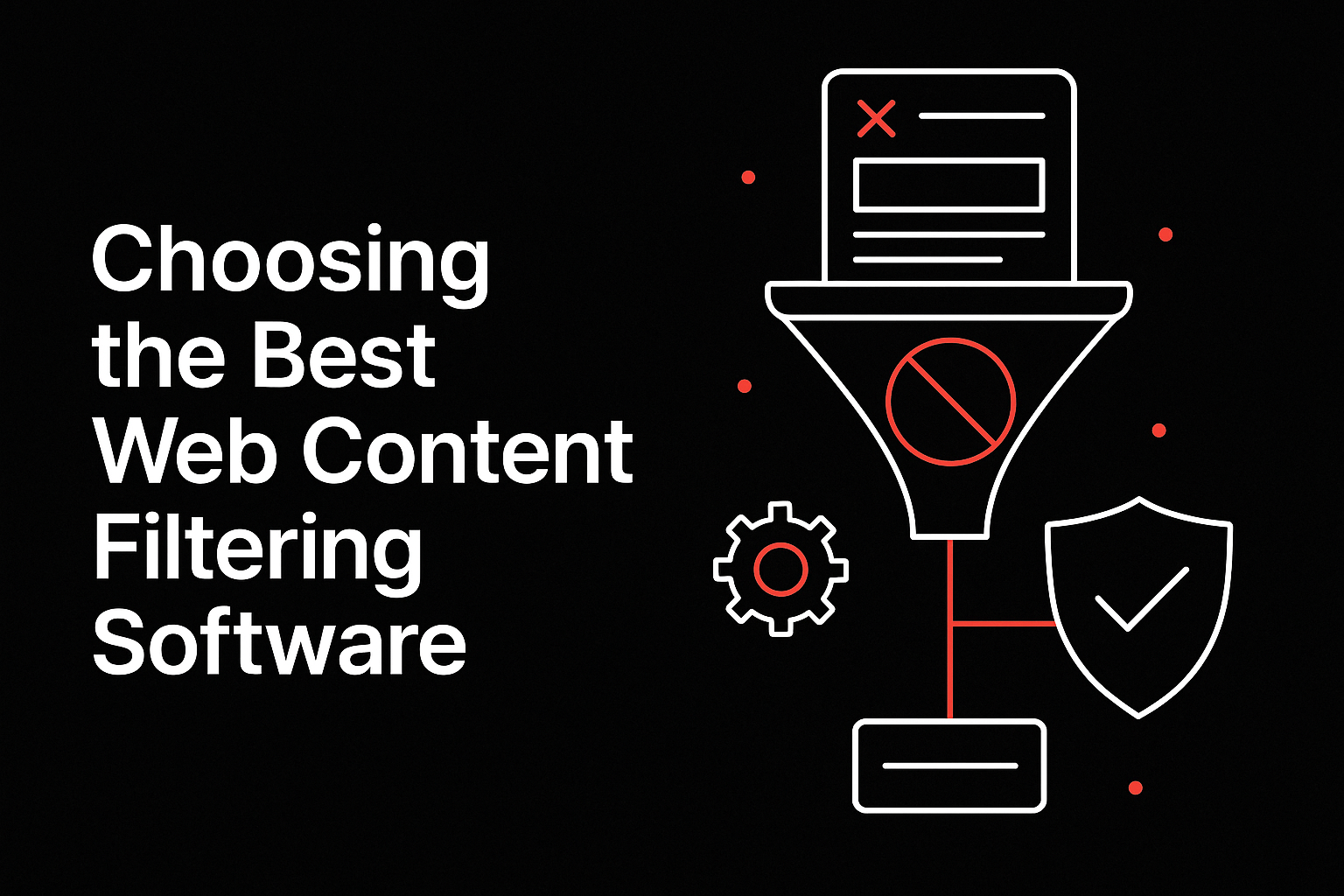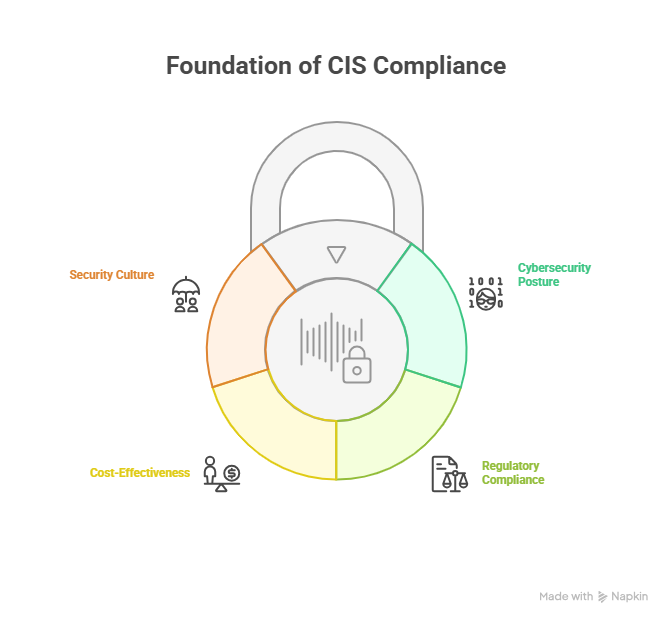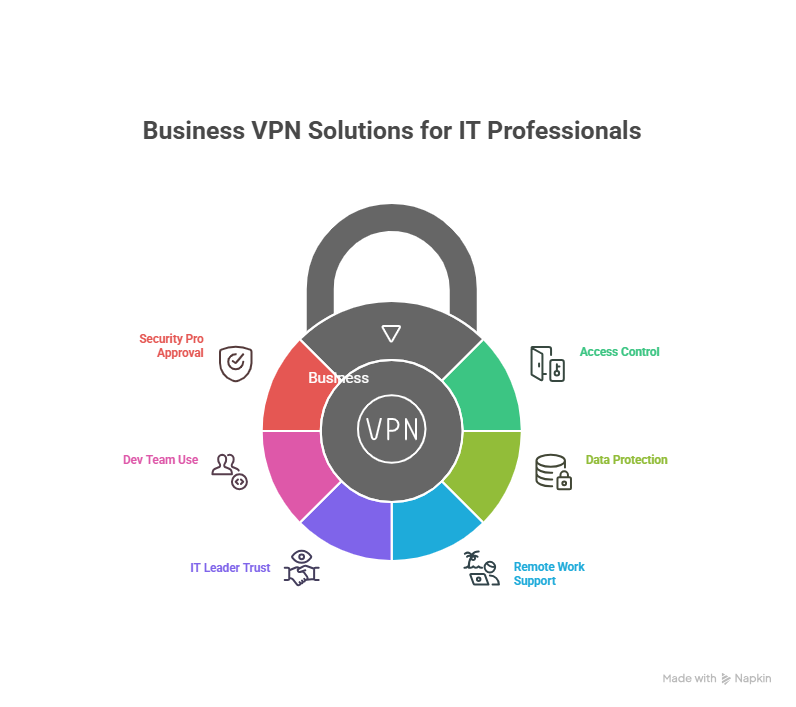How Schools and Educational Institutions Benefit from Web Content Filtering

Strong 8k brings an ultra-HD IPTV experience to your living room and your pocket.
In today’s digital-first world, schools are more connected than ever. From smart classrooms to online assessments and e-learning platforms, the internet plays a central role in how students learn and teachers teach. But with this connectivity comes a big challenge: keeping students safe online without limiting access to valuable educational resources.
That’s where web content filtering comes in.
What is Web Content Filtering?
Web content filtering is a method used to block or allow access to specific websites, web pages, or content categories based on predefined policies. It helps prevent users from accessing inappropriate, dangerous, or distracting content on the internet.
In schools, this technology is more than just a firewall—it's a digital gatekeeper that protects students, upholds school policies, and ensures a productive learning environment.
Why Do Schools Need Web Content Filtering?
Let’s break it down:
1. Student Safety Comes First
The internet has amazing educational potential—but it also houses harmful content. Web content filtering helps schools:
- Block adult or explicit material
- Prevent exposure to violent or hateful content
- Protect students from online predators and unsafe forums
For institutions with younger students, content filtering is non-negotiable when it comes to digital safety.
2. Compliance with Regulations
Many countries have laws mandating schools to filter internet content for minors. For example, in the U.S., schools must comply with the Children’s Internet Protection Act (CIPA) to receive federal funding.
Filtering tools help schools meet these requirements without adding unnecessary administrative burden.
3. Minimize Distractions in the Classroom
Let’s face it—students love a good meme, game, or YouTube rabbit hole. Without filtering, devices in class can easily become tools of distraction. Web content filtering helps:
- Block access to social media and gaming sites during school hours
- Keep students focused on learning
- Maintain bandwidth for academic use
4. Prevent Cyber Threats
Web filtering is also a cybersecurity defense mechanism. By blocking malicious sites, phishing attempts, or websites known for malware, schools can:
- Protect student data
- Safeguard school networks from attacks
- Reduce IT helpdesk tickets and downtime
5. Custom Policies for Grade Levels and Staff
Not all users in a school need the same level of filtering. A good web content filtering solution allows for:
- Different rules for elementary, middle, and high school students
- Exceptions for teachers or administrators
- Time-based filters (e.g., social media access after school)
This flexibility means schools can promote responsible use of the internet while still allowing room for exploration and creativity.
The Bottom Line
The internet is a powerful educational tool, but without the right controls, it can quickly become a liability. With Veltar's Web Content Filtering software, schools can unlock the full potential of online learning—safely, securely, and responsibly.
From protecting students and maintaining compliance to minimizing distractions and improving classroom focus, web filtering isn’t just about blocking bad websites. It’s about creating a safe, distraction-free digital learning space where curiosity thrives.
Want to explore how your school can implement smart web content filtering using Veltar? Drop your thoughts or questions in the comments! 🎓💻
Note: IndiBlogHub features both user-submitted and editorial content. We do not verify third-party contributions. Read our Disclaimer and Privacy Policyfor details.





